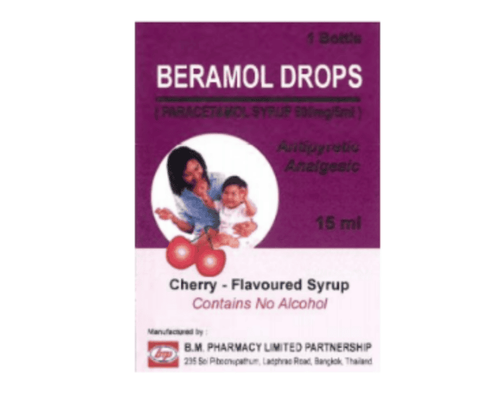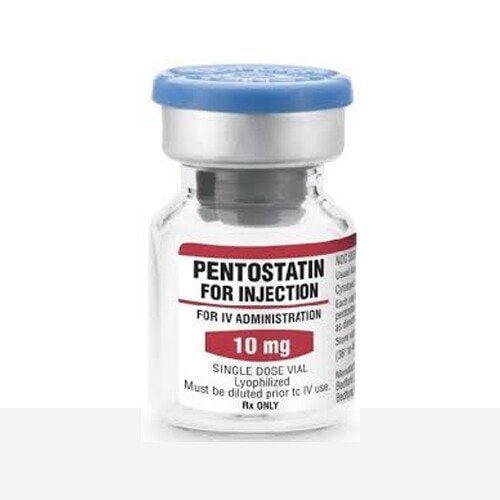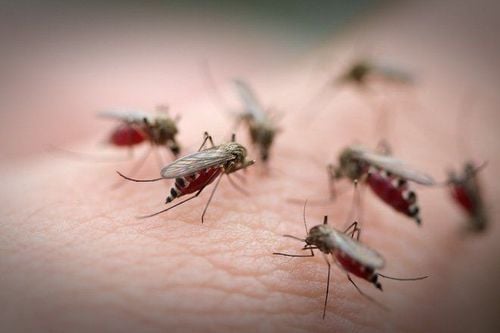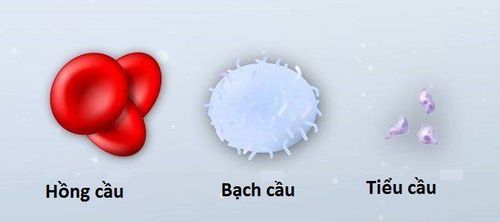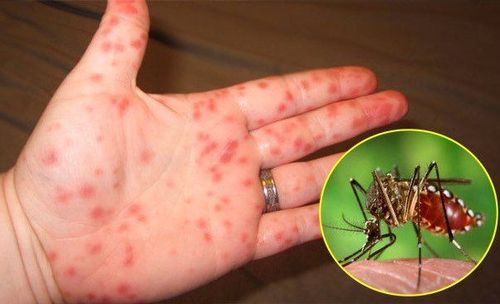This article has been reviewed and professionally consulted by Master of Medicine, Dr. Nguyễn Thị Nhật – Specialist in Infectious Diseases, General Internal Medicine - Outpatient department, Vinmec Hai Phong International Hospital.
Dengue fever can lead to severe complications, including a reduction in platelets. Thrombocytopenia (low platelet count) in dengue fever is an immune-related condition. Antibodies attack the platelets, causing their destruction in the spleen, resulting in a decreased platelet count. This makes the body more prone to bleeding, even with minor injuries.
1. What does a decrease in platelets mean in dengue fever?
According to the World Health Organization (WHO), thrombocytopenia is a key indicator of the severity of dengue fever. It is defined as a rapid decrease in platelet count or a platelet count below 150,000/mm³ (<150 G/L).
Platelets are small blood cells produced in the bone marrow. A decrease in platelets during dengue fever means a loss of the body's ability to clot blood and fight infections.
2. Why do platelets decrease in dengue fever?
The decrease in platelet count during dengue fever affects the immune system. This occurs due to the following reasons:
Dengue fever suppresses bone marrow activity, which is responsible for platelet production.
The virus directly damages platelets, affecting their functionality and count.
Antibodies produced during this stage destroy a large number of platelets while the patient is suffering from dengue fever.
3. When does platelet count drop during dengue fever?
Platelet count typically drops significantly on the fourth day of the illness.
In adults who are not in shock, the platelet count usually decreases mildly to moderately between the third and seventh days of the disease and returns to normal by the eighth or ninth day.
In children, there is little correlation between platelet count and bleeding symptoms or the severity of the disease.
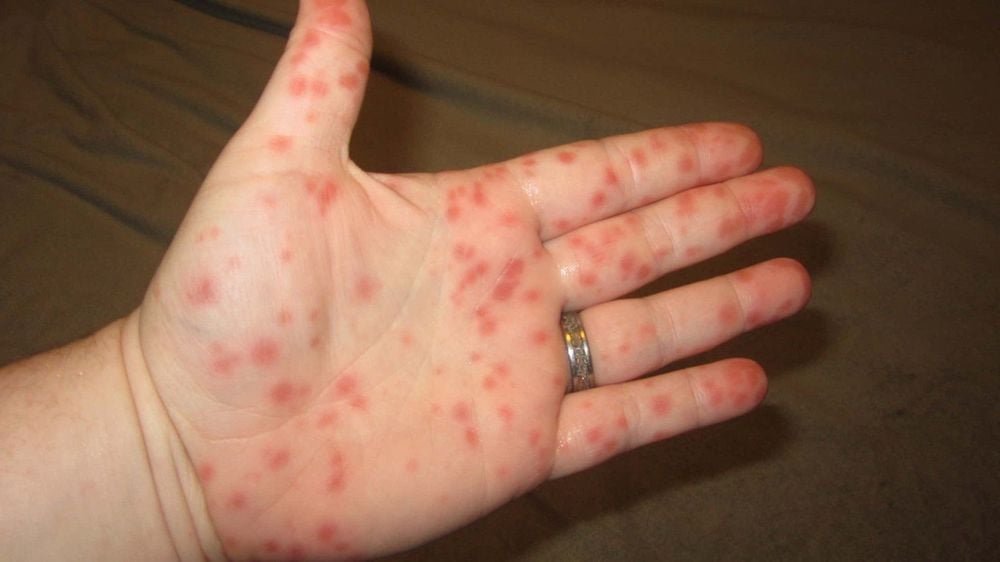
Symptoms of thrombocytopenia in dengue fever include:
Severe skin bleeding, with small blood spots (petechiae) and large blood patches under the skin (ecchymoses).
Black stools.
Blood in the urine (hematuria).
Severe plasma leakage.
Respiratory failure.
Liver, heart or other organ failure.
Altered mental status, including impaired consciousness.
Patients showing warning signs, such as lethargy and persistent vomiting, or those with low platelet counts and elevated hematocrit levels (indicating increased red blood cells), are at high risk of complications, including organ failure or even death.
4. How does thrombocytopenia in dengue fever affect health?
In mild cases, patients may experience prolonged fever accompanied by symptoms such as headaches, body aches, and vomiting, which can impact their overall health and ability to work.
In severe cases of dengue with thrombocytopenia, patients may develop bleeding spots on the skin, plasma leakage, and bleeding in other parts of the body. Severe dengue can significantly affect the lungs, liver, or heart. Blood pressure may drop to life-threatening levels, causing shock, and in some cases, death.
5. When is a platelet transfusion indicated?
To confirm the diagnosis, doctors may recommend the following tests:
Antibody tests for IgG and IgM.
PCR tests to detect the virus.
Complete blood counts.
There is no specific threshold for platelet transfusion. In elderly patients or those with chronic conditions, platelet transfusion may be required even when white blood cell counts exceed 50,000/mm³. The decision is made by the doctor based on the patient's health condition.
It’s crucial to discuss your current health status with your doctor for personalized recommendations.
6. How to recover quickly from dengue fever?

Here are some dietary recommendations:
Foods rich in omega-3, vitamins, iron and other minerals help fight antibodies and also increase platelet count. You can also consume fruits like papaya, kiwi, oranges, berries... to help increase platelet count.
Vitamin B12: Helps maintain healthy blood cells. Foods rich in B12 include beef liver, clams, eggs, and dairy products. Additionally, vitamin B12 deficiency is associated with low platelets in dengue fever.
Iron: Supports the production of healthy blood cells. Iron-rich foods include river clams, pumpkin seeds, lentils, and beef.
Vitamin C: Enhances platelet functionality and iron absorption. Good sources of vitamin C are mangoes, pineapples, broccoli, bell peppers (green or red), tomatoes, and cauliflower.
Please dial HOTLINE for more information or register for an appointment HERE. Download MyVinmec app to make appointments faster and to manage your bookings easily.





